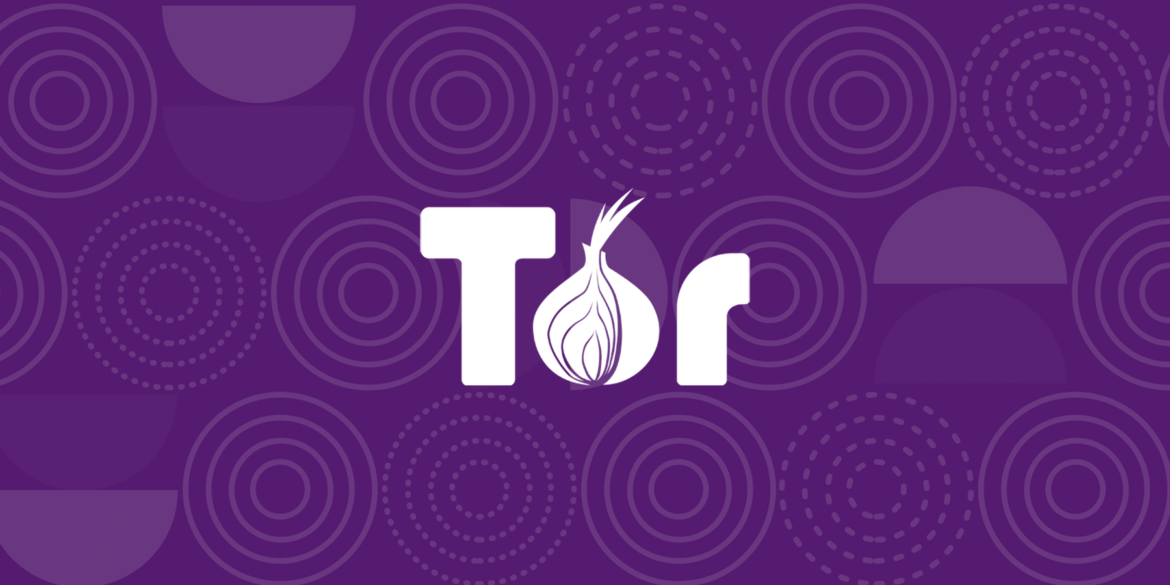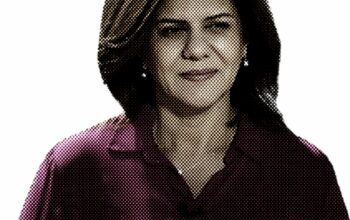The Internet is not just what we see, it mostly is what we do not see at all. It is estimated that while what we call a clear web is just 6% of all the information that every day are running through the optic fiber. The rest is basically composed of secured communications, private databases, and servers, that are not listed and that is only accessible from their owners. This part of the web is called the deep web. The deep web, on the contrary of what is commonly thought, is not related to illegal activities, and comprehend whatever the owner of the server wants to exclude from the fruition of the public. The Deep web includes online libraries, databases, micro-blogging, internet games, communities and many more.
It is not even possible to know what is included, because of the choice of the owners to not show their contents in the research engines, just well-experienced miners of the web can see a part of it, but mostly it is accessible to the public which is intended to. For example, the deep web is a valuable instrument for political activists and journalists, facing authoritarian and not democratic governments, or investigative journalists that want to keep their information safe from indiscrete eyes. For many people, privacy is both value and life necessity. What we can call dark web is often associated with illegal activities, basically provided through the anonymity granted by secure web protocols, and is supposed to be accessed through the tor protocol.
What is TOR?
TOR is a free and open-source software for enabling anonymous communications. TOR is an acronym standing for “The Onion Router”, and is promoted as the ideal tool for freedom of communication in the era of mass internet surveillance. As the logo and the name suggest, the Onion structure of the protocol should be able to cover the user identity through different layers of encrypted communications.
To make it simple: when the user access to a clear web website it usually releases in the web all the information about his/her identity that are encoded in the I.P., so that anyone who is controlling and operating surveillance over the traffic can see that a certain user corresponding to that I.P., has passed through a certain website.
It is like anytime you visit yours friend’s house, you are leaving in the street all the information related to the point of the departure and point of arrival, so that if someone is willing to know where have you just need to look for these traces that are usually kept by our browsers and are listed in the server of a particular website. What Tor promise is to cloak all your information, make it impossible, or at least very harder, for the internet surveillance to know your real identity, covering up with several layers of traffic.
When you open a Tor connection it is like you put a mirror on you that makes the information bounce from a node to another, with the final result that your original IP is not shown but covered with other random identities. The technology beyond Tor is supposed to be free, so available without any fee, open-source, which means that the software is not covered by intellectual property right and is developed by individual volunteers which the only goal is to improve the software for a collective and usually ideal goal (in this case freedom and anonymity), collaborative and decentralized so that anyone can open a node to contribute to the network functioning.
This kind of anonymous protocol has been challenged by many points of views, especially the part of the political debate over it, was focused on the matter that instruments like these can be perfect for criminal and terrorists, and several cases of mass drug-dealing, pedo-pornography, hitmen, fraud, and many more illegal and immoral activities can be found on the deepest waters of the deep web. This underground world of free runners, libertarian entrepreneurs is usually referred to as the darknet. The darknet is a strange side of the deep web, the libertarian utopia that seems to become reality in the virtual world: no State control, not even in the monetary field.
In recent years, in fact, some pirates of the deep web had spent their days promoting and developing the so-called crypto-values. A crypto value is a currency that is not guided by a central authority, but that depends on the collaboration of an undefined number of nodes that produce the currency unit and determine the final value of the currency. To simplify: a crypto value is like the gold absconded under the surface of the web, everyone can extract it if possess the instrument, basically to mine all you need is a computer always connected to the internet that will scratch the virtual walls of the web to obtain a cryptocurrency unit. Mining requires electric power, and time so that more powerful instruments can extract a bigger amount of value, and just who possesses the technology and the money to make it functioning can produce a big amount of coins. Then the rules that guide the crypto value are the same as the classic monetary economy, so it will depend on the circulation of the value and its request. Crypto values are the perfect instrument for all kinds of economic activities that need to be secured under secrecy and anonymity, perfect for criminals as user obsessed by privacy and freedom of the market, or just normal citizens that fear that the control of the internet has gone too far.
As like many as sustained the instrument is not bad for itself, it depends more on the users’ will, so that not all the activities of the Tor network are necessarily evil. Activists, journalists and common users willing for a more private connection it’s a more than a legitimate instance in the era of liquid surveillance, shocked in recent years by the Edward Snowden’s leak, and Cambridge Analytica scandal, just to mention two of the most notorious. The problem is a problem of balance, security against and freedom, total privacy against total control. After this general introduction, we will explore concrete cases and histories of this world to better understand the dilemma that this new world and technologies offer us.
Antonio Sciuto




